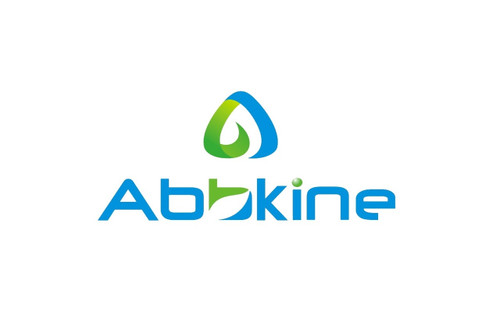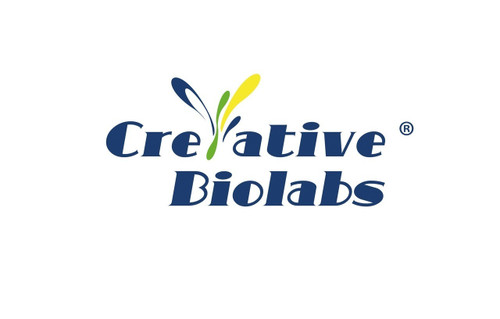Product Description
Rat Transmembrane protein 176A (TMEM176A) ELISA Kit | AE14518RA | Abebio
Species Reactivity: Rat (Rattus norvegicus)
Abbreviation: TMEM176A
Alternative Name: GS188; HCA112; hepatocellular carcinoma-associated antigen 112|likley ortholog of mouse GS188
Application: ELISA
Range: 1.56-100 ng/mL
Sensitivity: 0.61 ng/mL
Intra-Assay: ≤5.1%
Inter-Assay: ≤7.5%
Recovery: 0, 97
Sample Type: Serum, Plasma, Other biological fluids
Detection Method: Sandwich
Analysis Method : Quantitive
Test Principale: This assay employs a two-site sandwich ELISA to quantitate TMEM176A in samples. An antibody specific for TMEM176A has been pre-coated onto a microplate. Standards and samples are pipetted into the wells and anyTMEM176A present is bound by the immobilized antibody. After removing any unbound substances, a biotin-conjugated antibody specific for TMEM176A is added to the wells. After washing, Streptavidin conjugated Horseradish Peroxidase (HRP) is added to the wells. Following a wash to remove any unbound avidin-enzyme reagent, a substrate solution is added to the wells and color develops in proportion to the amount of TMEM176A bound in the initial step. The color development is stopped and the intensity of the color is measured.
Product Overview: By serologic analysis of recombinant cDNA expression libraries (SEREX) from 4 hepatocellular carcinoma patients, Wang et al. (2002) cloned HCA112. The deduced protein contains 235 amino acids. RT-PCR detected HCA112 expression in human kidney, lung, and pancreas, but not in any other tissue examined. Nakajima et al. (2002) cloned the mouse homolog of HCA112, Gs188. The deduced 244-amino acid protein has a calculated molecular mass of 26.6 kD and contains 4 putative hydrophobic domains. Northern blot analysis detected Gs188 expression in mouse kidney, lung, and spleen; little to no expression was detected in other tissues examined.
Stability: The stability of ELISA kit is determined by the loss rate of activity. The loss rate of this kit is less than 5% within the expiration date under appropriate storage condition. The loss rate was determined by accelerated thermal degradation test. Keep the kit at 37°C for 4 and 7 days, and compare O.D.values of the kit kept at 37°C with that of at recommended temperature. (referring from China Biological Products Standard, which was calculated by the Arrhenius equation. For ELISA kit, 4 days storage at 37°C can be considered as 6 months at 2 - 8°C, which means 7 days at 37°C equaling 12 months at 2 - 8°C) .
 Euro
Euro
 USD
USD
 British Pound
British Pound
 NULL
NULL








